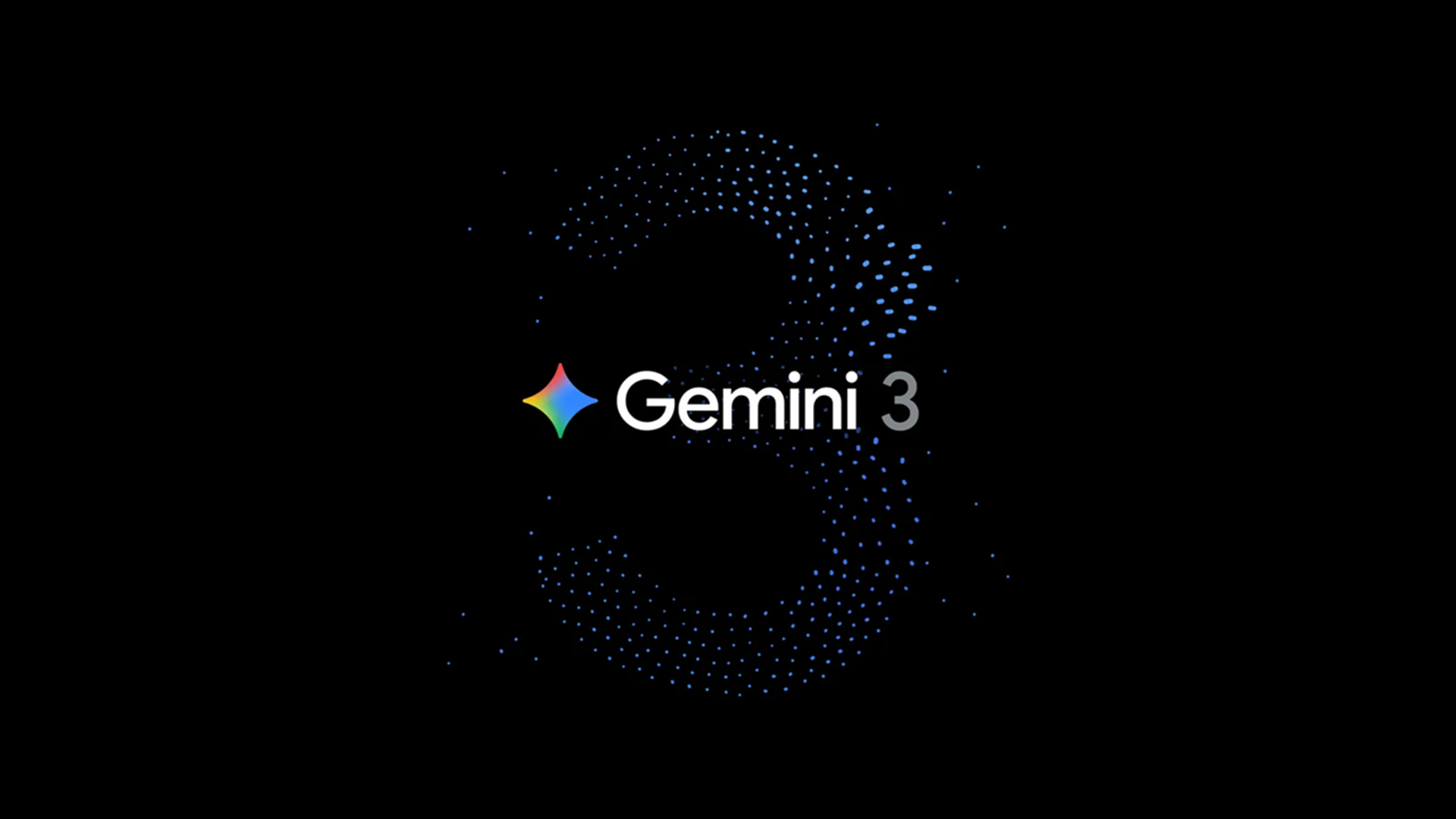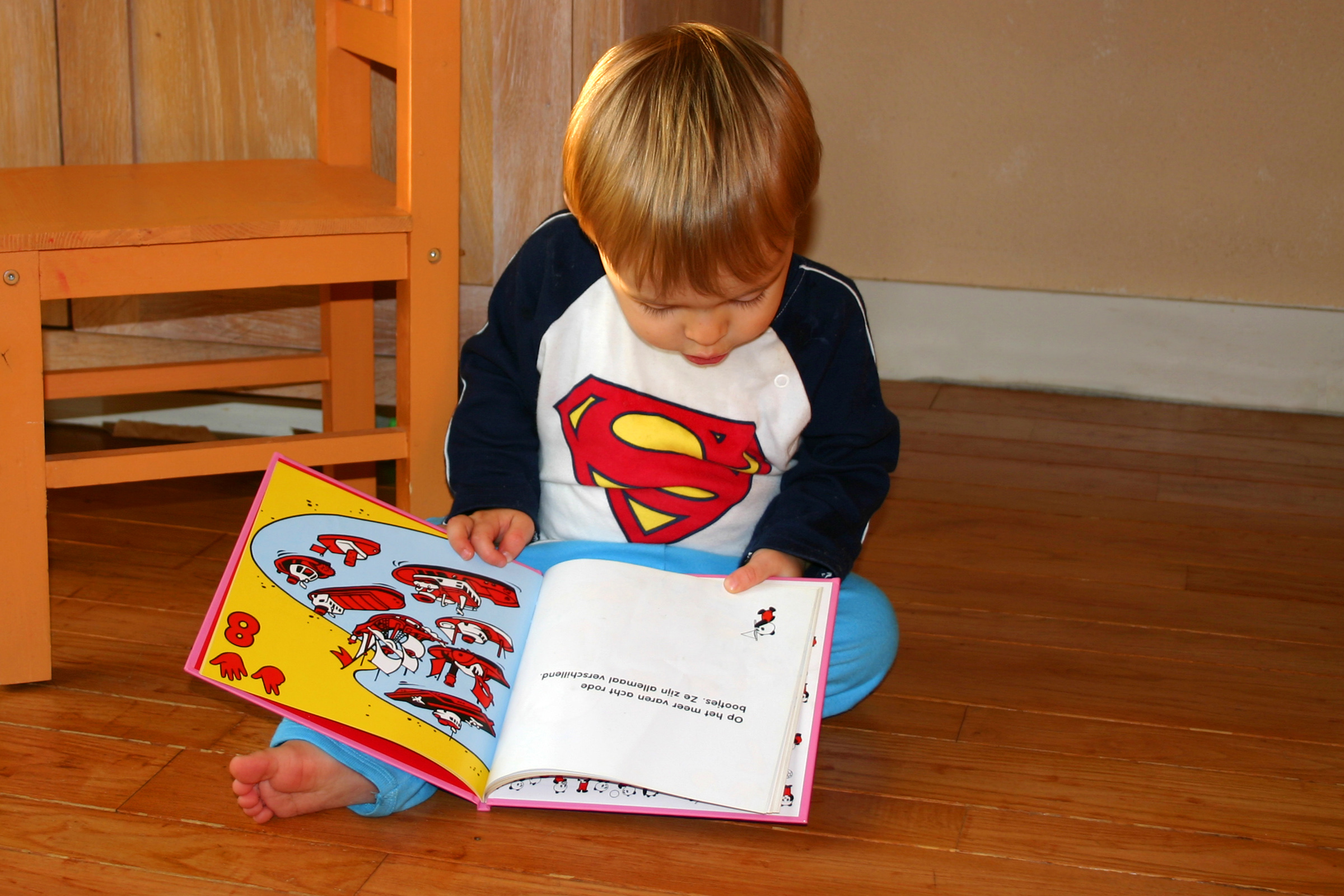Ignore the hype – I tested Gemini 3 and ChatGPT 5.1 head-to-head on what really matters: ease of use
Testing Google and OpenAI's most powerful AI models yet with everyday requests

Sign up for breaking news, reviews, opinion, top tech deals, and more.
You are now subscribed
Your newsletter sign-up was successful
AI use has reached a point where people are as interested in how easy and natural it feels to use an AI chatbot as they are in what its raw power can offer – and Google timed the release of its new Gemini 3 AI model perfectly to invite comparisons with OpenAI's new GPT-5.1 models.
While OpenAI has boasted about ChatGPT 5.1's clarity and ability to understand nuance, Google is just as keen to point to how efficient and well-rounded Gemini 3 is in its answers; and that's not to mention the two's competing multimodal productions.
But when both models are stripped of hype and elaborate demos, there is still a question of which comes off as better able to mimic human interactions. Which is easier to engage with when it comes to the more common or frequent varieties of prompts submitted to Gemini and ChatGPT?
Each might have its strengths and flourishes, but which is going to win over people who are new to AI tools?
1. Gift hunting

I started with a fairly straightforward shopping prompt about gifts, the kind of query AI chatbots face all of the time, and a very human problem to solve. I asked ChatGPT 5.1 and Gemini 3 to "Help me find a birthday present under fifty dollars for someone who loves cooking and sustainable brands, and dislikes limited-use kitchen gadgets. Explain your reasoning.”
Gemini 3 responded by calling out relevant sustainability certifications and specifying what they indicate. "For a home cook who values sustainability and versatility, the best gifts are 'workhorse' items that replace disposables or last a lifetime."
It chose a forever pan and an upcycled cutting board. Its tone stayed crisp, clear, and intentionally organized, with each sentence locking into the next. While not overly warm, the structure had a distinct tidiness to it.
Sign up for breaking news, reviews, opinion, top tech deals, and more.
ChatGPT-5.1 began by creating simple categories to navigate the request: practical goods, sustainable materials, and multi-use value. It identified spice blends, recycled-cotton kitchen towels, and a handcrafted olive-wood spoon as its top suggestions. Notably, it did build a more coherent emotional throughline that attempted to describe how someone might feel getting those gifts.
2. Science homework

AI tools are used to help with schoolwork all the time. In ideal circumstances, they are study guides vetted by parents but tailored to be both accurate and approachable to kids. I asked the two models to “Explain how photosynthesis works to an eighth grader, keeping it accurate but friendly, and use an everyday analogy to help it stick.”
ChatGPT-5.1 offered a straightforward explanation centered on the inputs and outputs of photosynthesis. It described glucose as “a simple fuel the plant makes for itself” and positioned oxygen as the helpful by-product humans rely on. It presented the process in some detail before setting up an analogy of little smoothie shops in the leaves, though only to illustrate what it had already described.
Gemini 3 did the reverse with a couple of sentences as explanation before going into detail through its analogy of a solar-powered bakery. It also threw in a picture showing the process and even a YouTube video for kids about photosynthesis. It definitely seemed better aimed at a child, though ChatGPT didn't use overcomplicated words. Neither approach was wrong; they simply showcased different stylistic priorities.
3. Montreal weekend

A classic of AI prompt testing, good travel planning does more than just logistics; it also can show structure and spontaneity, revealing whether a model gravitates toward checklists or a looser flow. So I asked the models to "Plan a three-day trip to Montreal for two adults on a modest budget, relying primarily on public transit."
Gemini 3 responded with a structured morning-afternoon-evening breakdown. It began with some useful tips and made transit the center point of its other recommendations. It was helpful in estimating food prices and typical admission fees, but it also did some extra work, suggesting how people with different interests might enjoy certain aspects of the city more.
ChatGPT-5.1 crafted a relaxed itinerary, but it used a much more clipped, list-based approach, except where it waxed a little more lyrical in describing food. Gemini 3 arguably did better at mimicking casual conversation; while Gemini 3 mimicked the precision of someone who plans their trips with spreadsheets and restaurant reviews open.
4. Smart home help

Troubleshooting tech is where a personal touch can be a real boon in reducing frustration. Generic guides can be less helpful than talking to someone who knows what they are doing. Those impressions can shape whether a user feels like the system is acting more like another generic how-to guide or a capable digital technician. So I asked ChatGPT 5.1 and Gemini 3 to “Explain how to fix a smart home device that repeatedly becomes inaccessible, but keep it simple."
Both models went for a standard checklist and engaged in a back-and-forth conversation with me about what was going on, specifically to offer better advice. Gemini 3 threw in some sympathetic comments about the problem, and notably asked if I wanted a diagram of the steps to take.
ChatGPT-5.1 went for more of an analogy-based approach. The AI suggested that I "think of it like a moody teenager who doesn’t want to talk to the Wi-Fi." But its advice was just as sound, if a little more technical in language.
5. Bedtime

I've had some luck with parenting prompts, but only in very constrained ways that avoid any potential pitfalls. I decided to open things up a bit to a prompt that would need some emotional sensitivity and awareness of tone. Because bedtime is often an ordeal, I asked the models to “Help me prepare for bedtime with an almost two-year-old who resists going to sleep."
Gemini 3 suggested predictable cues like turning off main lights at the same time each evening and giving the child a small transitional role, such as choosing the book. It did take on a more parentesque vibe in describing an evening, even offering script suggestions like ‘two more minutes and then bedtime’ to ease the shift.
ChatGPT-5.1 outlined its own routine, but went for more of an itinerary with scheduled sequences and a parenting book approach by saying, “If they protest, acknowledge it once and move forward.” Still, the tone was reassuring. The models seemed to be working off of similar sources, which makes sense, but Gemini definitely had more of a "parent-to-parent" style of writing.
Conclusions
What stands out most is how much these two models share, even as their personalities drift in slightly different directions. After running them through all these prompts, it’s clear that both are trying harder than ever to present themselves like natural conversational partners rather than tools spitting out answers.
The differences feel more like accents than opposing philosophies. It's more about what you ask, and how, than an intrinsic human imitation engine. Neither stumbles over the basics, and neither feels robotic. Both give the impression of systems trying to meet people where they are, mirroring the rhythms of everyday communication.
Because of that overlap, it’s hard to declare one as the better choice for day-to-day use. They’re both more flexible, more expressive, and more attuned to tone than earlier generations. Some people might see ChatGPT as smoother, with better pacing. Others will gravitate toward the Google-powered infrastructure and sometimes more organized Gemini 3. But either AI can brag about getting better at natural, everyday dialogue. What we'll likely see next is even fiercer competition, as Google and OpenAI race to be first with a perfectly human-seeming AI model.
Follow TechRadar on Google News and add us as a preferred source to get our expert news, reviews, and opinion in your feeds. Make sure to click the Follow button!
And of course you can also follow TechRadar on TikTok for news, reviews, unboxings in video form, and get regular updates from us on WhatsApp too.

➡️ Read our full guide to the best business laptops
1. Best overall:
Dell Precision 5690
2. Best on a budget:
Acer Aspire 5
3. Best MacBook:
Apple MacBook Pro 14-inch (M4)

Eric Hal Schwartz is a freelance writer for TechRadar with more than 15 years of experience covering the intersection of the world and technology. For the last five years, he served as head writer for Voicebot.ai and was on the leading edge of reporting on generative AI and large language models. He's since become an expert on the products of generative AI models, such as OpenAI’s ChatGPT, Anthropic’s Claude, Google Gemini, and every other synthetic media tool. His experience runs the gamut of media, including print, digital, broadcast, and live events. Now, he's continuing to tell the stories people want and need to hear about the rapidly evolving AI space and its impact on their lives. Eric is based in New York City.
You must confirm your public display name before commenting
Please logout and then login again, you will then be prompted to enter your display name.